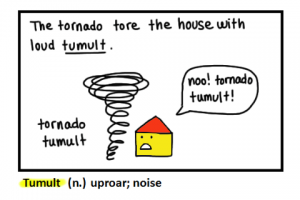noun
“the central body portion of an aircraft designed to accommodate the crew and the passengers or cargo” – Merriam-Webster dictionary
The word was encountered through the reading “Wind Sand and Stars” by Antoine de Saint-Exupéry
The sentence that this word was used in was “It is as if there were a natural law which ordained that to achieve this end, to refine the curve of a piece of furniture, or a ship’s keel, or the fuselage of an airplane, until gradually it partakes of the elementary purity of the curve of ‘a human breast or shoulder, there must be the experimentation of several generations of craftsmen. In anything at all, perfection is finally attained not when there is no longer anything to add, but when there is no longer anything to take away, when a body has been stripped down to its nakedness.”
The author was trying to convey the idea that perfection is only achieved when the object or machine is reduce to its most simplest state. They use the word fuselage to talk about the airplane which they then compare to a human breast or shoulder. This comparison is used to show that when the airplane’s body (the airplane as a whole), ship or furniture is easy to utilize and recognize it has reached perfection. Like for example you wouldn’t image a plane any other than its original shape that looks like a bullet with two wings attached on the sides. And if you did think about a airplane you wouldn’t think that it would do any other function than flying state to state.
Definition




